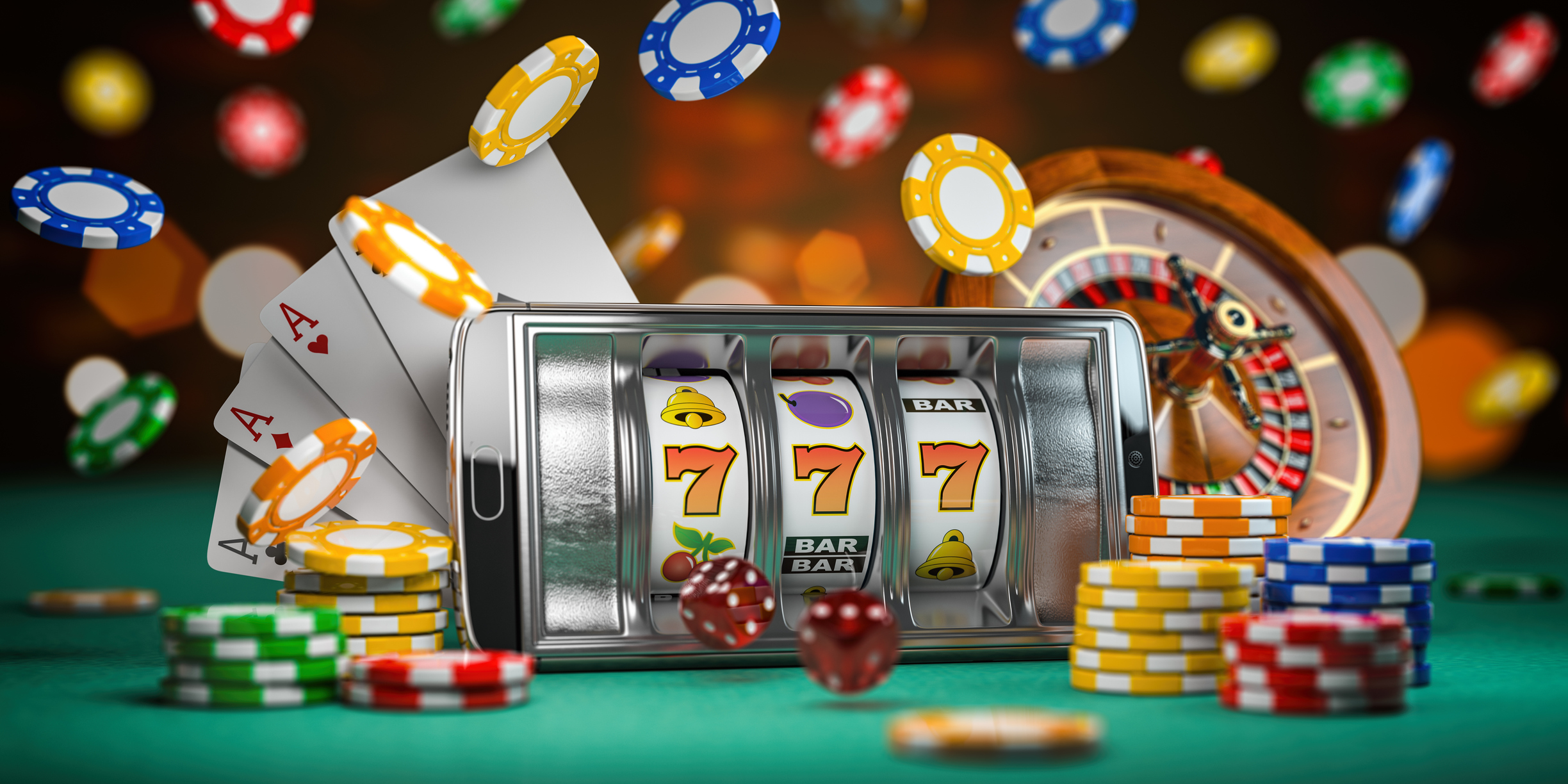
In the world of gambling, in which chance and strategy converge, a unique tapestry of beliefs manifests—one that weaves together luck, fate, and the enigmatic nature of casino games. Casinos, bustling with excitement and anticipation, are not just venues for placing bets; they are also arenas where superstitions thrive. Ranging from the novice player to the seasoned gambler, these mysterious practices often shape how individuals approach the games they play, believing that their actions can impact the outcome in ways that go beyond mere probability.
When players gather around roulette wheels, blackjack tables, and slot machines, the atmosphere is thick with stories of lucky charms, rituals, and codified behavior that defy logic yet provide a sense of comfort. It could be the case that it’s wearing a specific outfit, following a particular sequence of bets, or even avoiding certain numbers, the attachment to various superstitions reflects a deep-rooted desire to control the uncontrollable. This article delves into the captivating world of casino game superstitions, investigating the beliefs that simultaneously entertain and mystify those who dare to play.
Historical Roots of Superstitions
Gambling activities have long been connected with an array of superstitions that can be traced to early cultures. The roots of these beliefs can be associated to humanity’s innate need to influence the uncertain outcomes associated with chance and chance. In ancient civilizations, games of uncertainty were often connected to ritualistic practices. Players would call upon favor or ask for favor from deities, believing that their actions could influence the results in their advantage. This groundwork laid the groundwork for the variety of superstitions that spread as gambling evolved over centuries.
During the medieval period, gambling became a widespread pastime across the continent, and with it, a rich tapestry of superstitions developed. Players adopted various rituals and charms, believing they could affect the results of games. The value of numbers, in particular, emerged to manifest in superstitions pertaining to card games and dice. The number 7 was often considered lucky, while other numbers carried bad connotations. These notions mirrored the societal contexts of the time, evolving as they moved through generations and changed to new gaming environments.
As gambling houses developed in the 1600s, particularly in the Italian peninsula and France, the atmosphere surrounding gambling became steeped in enigma. The growing openness of gambling activities allowed for the spread and growth of superstitions among players. Concepts like charmed charms, designated seating positions, and rituals gained prevalence, creating a unique culture within casinos. As these customs continued to thrive, they became integral to the character of casino games, illustrating how history and tradition shape the belief systems that influence how gamblers connect with chance.
Popular Casino Superstitions
Beliefs surrounding casino games are plentiful and varied, reflecting the hopes and fears of gamblers as they engage in chance-based games. One of the most common beliefs is that specific numbers bring luck or misfortune. For example, the number seven is often seen as a lucky digit, frequently embraced by gamblers looking for a positive outcome. Conversely, the digit 13 is routinely considered unlucky, leading many players to steer clear of it during their gambling periods.
A frequent belief relates to practices that gamblers believe can influence their odds. Whether blowing gently on the dice before a throw, using a particular hand to place a wager, or even putting on specific items of attire, many individuals feel that these rituals can sway fate in their favor. These practices offer a sense of power in an otherwise random environment, reinforcing the idea that luck can be manufactured through individual beliefs and habits.
Lastly, the ambiance and vibe of the casino itself adds to superstition. Many gamblers suggest that the presence of specific icons, such as four-leaved clovers or lucky coins, can enhance their odds of success. Additionally, players might hold to the belief that victory streaks can be halted by mundane occurrences, such as a person walking past or a spill at the table. The collective environment in a gambling house can amplify these superstitions, creating a communal culture of superstitions that transcends single experiences.
Impact of Superstitions on Players
Superstitions play a important role in the mindset of gamblers, often affecting their actions and decision-making. Numerous gamblers believe that luck can be influenced through different rituals, such as donning a talisman, selecting specific colors, or avoiding certain numbers. This reliance on superstitions can create a sense of control in an environment that is inherently unpredictable. UK betting sites Players often feel more self-assured and engaged when they believe that their actions could sway the result of a game in their advantage.
The influence of these superstitions extends past individual players, affecting the overall atmosphere within the casino. For instance, a player who believes in the luck of a particular slot machine might draw a crowd, as others are intrigued by their apparent luck. This collective belief can heighten excitement and create a dynamic environment, leading to an engaging experience even for those who may not necessarily be believers themselves. The buzz around specific games can lead to higher participation and longer playing sessions, supporting the casino’s vibrant social scene.
In some cases, superstitions can lead to detrimental effects for players. Depending too much on rituals can result in poor gambling decisions, as some may overlook basic strategies in favor of unfounded beliefs. Additionally, the pressure to perform rituals may heighten anxiety and tension, diminishing from the pleasure of the experience. Ultimately, while superstitions can enhance the thrill of playing casino games, they can also lead to unwise choices that overshadow the fun and entertainment intended in the casino experience.